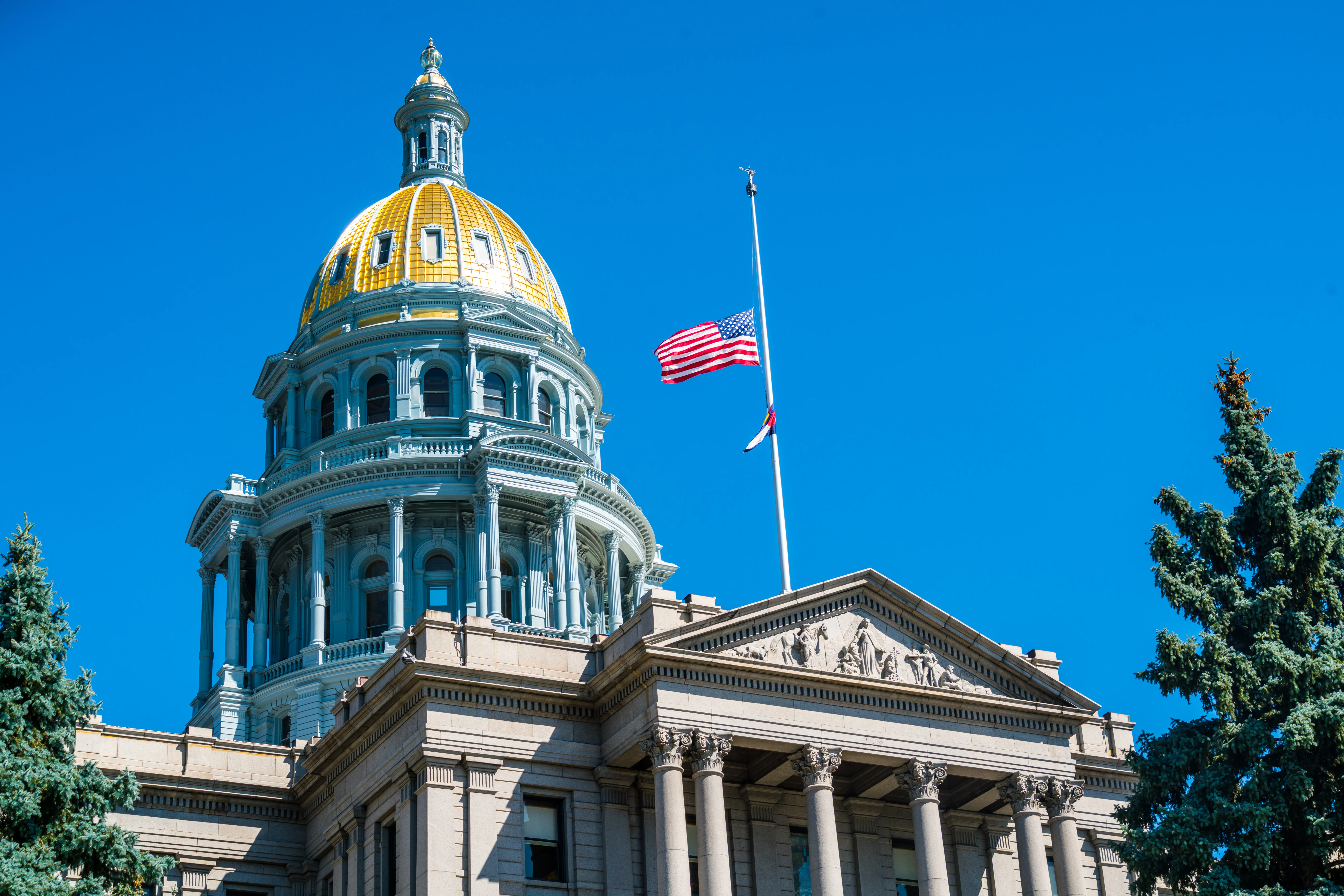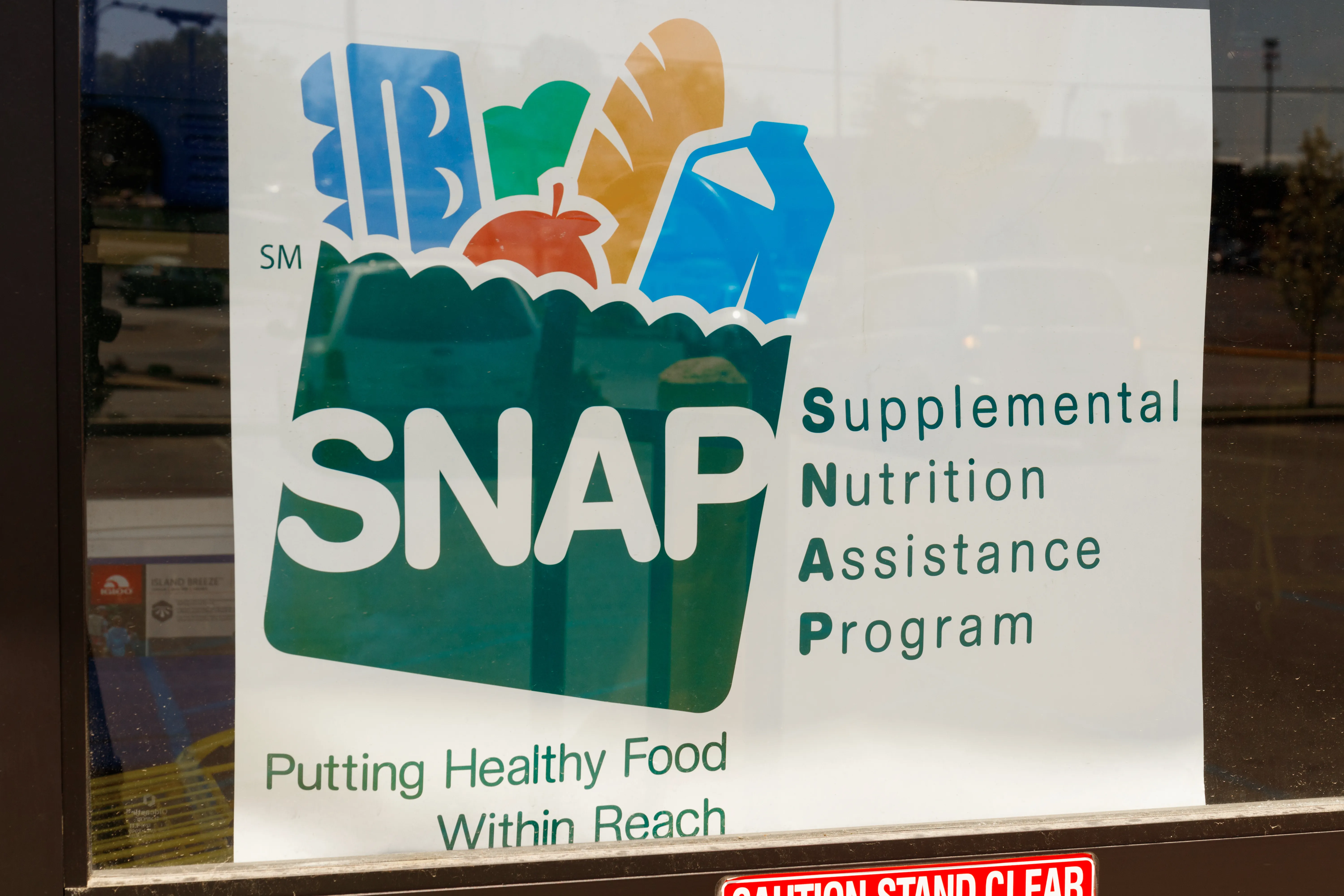
Daily Audio Newscast Afternoon Update -August 1, 2025
© INDU BACHKHETI - iStock-1336427297
News from around the nation.
U.S. job growth pulls back and markets aall after Trump announces new tariffs; Northwestern Energy among top 100 U.S. companies for adoption benefits; SNAP changes raise concerns for Missouri children, families; Legislation would set minimum salary for NH public school teachers.
Transcript
The Public News Service Friday afternoon update.
I'm Mike Clifford.
Markets wobbled around the world Friday as investors confronted signs of a weakening U.S. economy and a new barrage of tariffs announced by President Trump, scrambling global supply chains and antagonizing major trading partners.
That from the New York Times.
They report the latest U.S. jobs report showed a pullback in hiring, indicating that the labor market was weaker than economists had expected amid the uncertainty caused in part by Trump's trade war.
The Times notes the trend of rising teen joblessness continues as traditional summer jobs become harder to find.
Teen unemployment rose to 15.2 percent in July.
That's up from 12.6 percent a year ago.
And the 2025 list of American workplaces that best support employees adopting a child ranks Montana-based Northwestern Energy 92nd overall and in the top three in the energy and utility sector.
The annual list from the Dave Thomas Foundation for Adoption into consideration criteria, including financial reimbursement.
Ryan Lauer is district manager in Lewistown for Northwestern Energy.
He says the company offered his family a lump sum of $20,000 while adopting a child from Bulgaria.
Which we were able to use for everything from the plane tickets over there to the lawyer fees and the adoption agency fees.
And so that really went a long way to aid the financial burden.
Lauer says paid parental leave, another factor the foundation considers in its annual ranking helped him follow the adoption agency's recommendation to spend time building up the new family relationship.
I'm Kathleen Shannon.
Next, the new federal budget could leave Missouri with a bigger tab for managing the Supplemental Nutrition Assistance Program, also referred to as SNAP, just as hundreds of thousands of families rely on it to feed their kids.
Advocates say the shift could have ripple effects for the state's most vulnerable residents.
More than 650,000 Missourians rely on federal benefits for nutritional support, including children, seniors and people with disabilities.
Casey Hansen with Kids Win Missouri says it's largely wait and see as the changes under the law begin to take effect.
It's kind of hard to say at this point there's nothing cut and dry, but I think we believe that any types of cuts that ultimately are going to lead to those folks having less access to food is very concerning, especially for children.
Crystal Blair reporting.
And would ensure public school teachers nationwide make a minimum salary of $60,000 a year.
The bill's sponsor, Senator Bernie Sanders of Vermont, says teachers are dealing with levels of stress and burnout not seen in other occupations.
"Public school teachers in America today have one of the toughest, one of the most demanding, and one of the most underappreciated jobs in the country."
Supporters say the Pay Teachers Act would help fill more than 500 teacher vacancies across New Hampshire.
It would also ensure fully certified teachers are staffing schools.
This is Public News Service.
A new ranking gives North Dakota high marks for transparency in revealing the state's current financial picture, but one watchdog group says there's still room for improvement and warns of future budget pressure.
Each summer the nonpartisan think-tank Truth in Accounting releases its financial transparency score for all states.
This year North Dakota ranks 10th in the nation.
Factors include what independent auditors have to say, the accuracy of current spending details and the accessibility of information.
Truth and Accounting's Sheila Weinberg says this might seem boring to voters but it's worth paying attention to.
Citizens need to know how well financially their governments are doing.
Are they putting the citizens in risk of paying higher taxes or receiving less services?
Unlike the federal government, states are required to balance their budgets, but Weinberg says there are instances of what she calls political math.
That's when elected leaders tout responsible bookkeeping, but annual audits might include items like pension data that's a year or two old.
The report says North Dakota lags in that area along with most other states.
I'm Mike Moen.
And forests provide people with space for solitude.
Summer hikers to a New Mexico wilderness area can help collect valuable preservation and restoration data.
Hikers in the Carson National Forest can sign up for a session of solitude monitoring, four hours in which they log encounters with other amblers and campers.
The project is a collaboration between the U.S.
Forest Service and the non-profit New Mexico Wild.
The group's Kayla Gutierrez says it's about gathering information on visitor density and the impact it's having on the ecosystem.
This really just helps the Forest Service understand traffic patterns on trails, which trails are getting really heavy use.
Understanding that there should be places in wilderness where you can get away from people and really have solitude and quiet.
I'm Roz Brown.
Finally, the dairy industry is buttering up Ohioans at the state fair this weekend to both entertain and inform them about the importance of agriculture to the state.
The American Dairy Association Midwest has decorated its pavilion with traditional butter sculptures with images of cows and calves wearing hard hats.
One of the lead butter sculptors, Paul Brook, says putting the display together is a major undertaking.
We start with the plan, we build the armatures, we have the butter delivered, it comes room temperature before we get here, so it's soft and ready to go onto the armature.
If we're doing animals, we like to get all the anatomy right, and then we go for the detail.
The Ohio dairy industry contributes $31 billion a year to the state's economy, and employs about 132,000 people.
Dairy farmers not only produce over 5 billion pounds of milk each year.
I'm Freda Ross reporting.
This is by Clifford for Public News Service.
Member and listener supported.
Find our test indicators at publicnewsservice.org.















